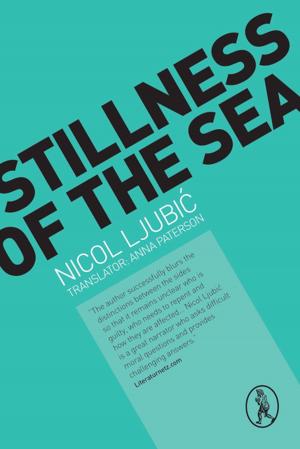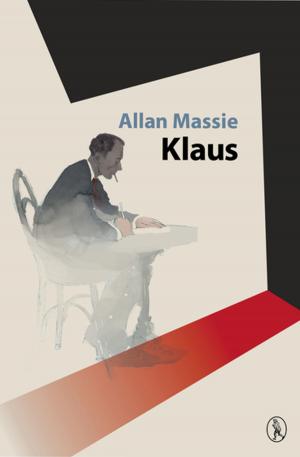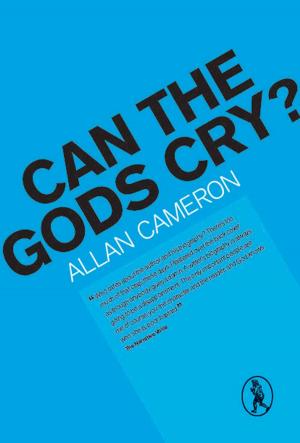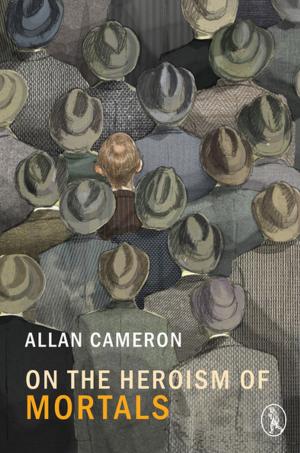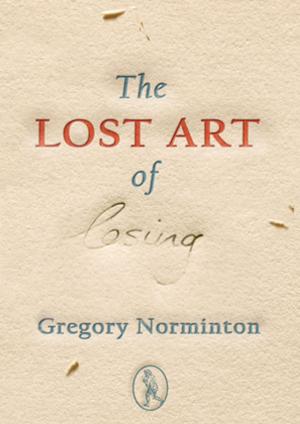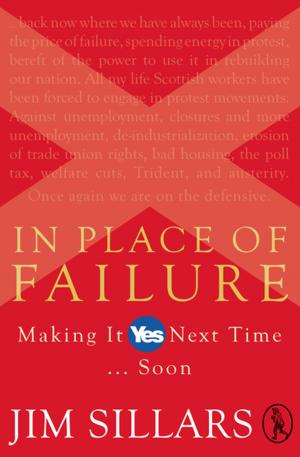| Author: | Allan Massie | ISBN: | 9781908251053 |
| Publisher: | Vagabond Voices | Publication: | March 5, 2012 |
| Imprint: | Vagabond Voices | Language: | English |
| Author: | Allan Massie |
| ISBN: | 9781908251053 |
| Publisher: | Vagabond Voices |
| Publication: | March 5, 2012 |
| Imprint: | Vagabond Voices |
| Language: | English |
A Nazi war criminal’s son and a Holocaust survivor’s daughter decide to get married in the pleasant, middle-class conformity of sixties Argentina. When the two families come together, Becky’s blind father recognises the voice of the former SS officer, and sets off a chain of events that to varying degrees damage everyone at that meeting. Franz has to discover the real past of his distant father, who is kidnapped by Mossad agents and taken to Israel for trial. The action shifts to that country, and then to England. Allan Massie uses this drama to explore a wealth of ideas concerning such themes as guilt, retribution, identity, power, political motivation, memory and above all, as the title implies, the effects of brutal conflicts and war crimes on the following generation. Massie does not dwell on the savagery of the crimes, but forensically analyses the scar they leave in history, suggesting that, post Holocaust, we inhabit a different moral world — a world in which we can no longer ignore the enormity of the crimes of which we are capable.
A Nazi war criminal’s son and a Holocaust survivor’s daughter decide to get married in the pleasant, middle-class conformity of sixties Argentina. When the two families come together, Becky’s blind father recognises the voice of the former SS officer, and sets off a chain of events that to varying degrees damage everyone at that meeting. Franz has to discover the real past of his distant father, who is kidnapped by Mossad agents and taken to Israel for trial. The action shifts to that country, and then to England. Allan Massie uses this drama to explore a wealth of ideas concerning such themes as guilt, retribution, identity, power, political motivation, memory and above all, as the title implies, the effects of brutal conflicts and war crimes on the following generation. Massie does not dwell on the savagery of the crimes, but forensically analyses the scar they leave in history, suggesting that, post Holocaust, we inhabit a different moral world — a world in which we can no longer ignore the enormity of the crimes of which we are capable.








